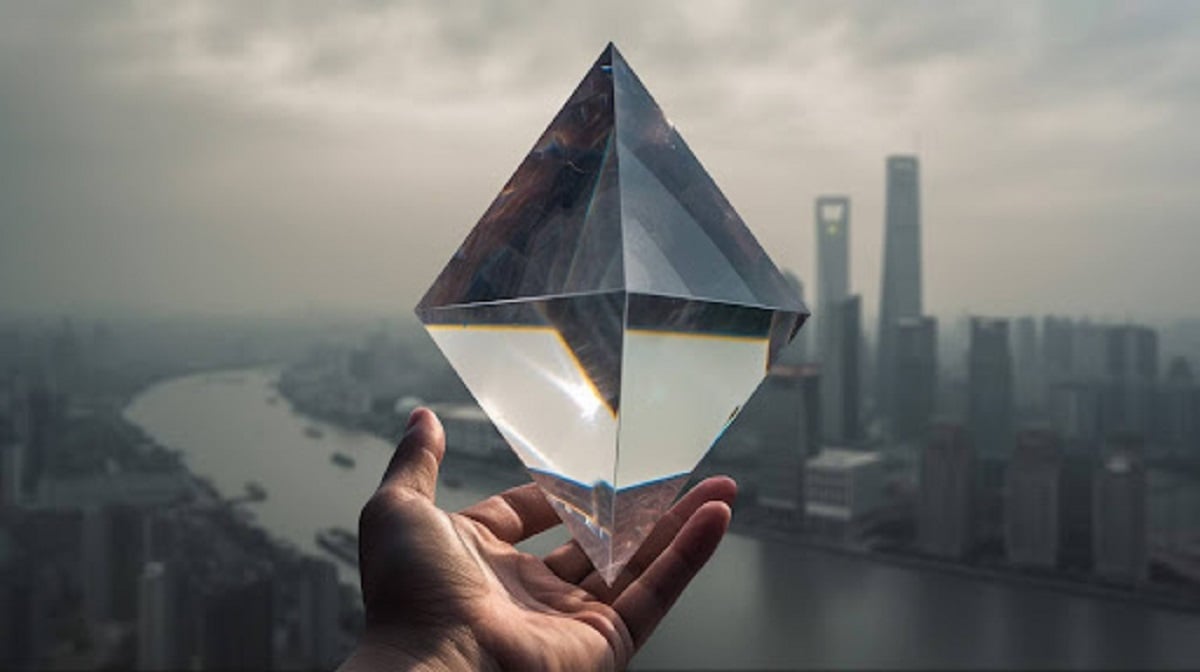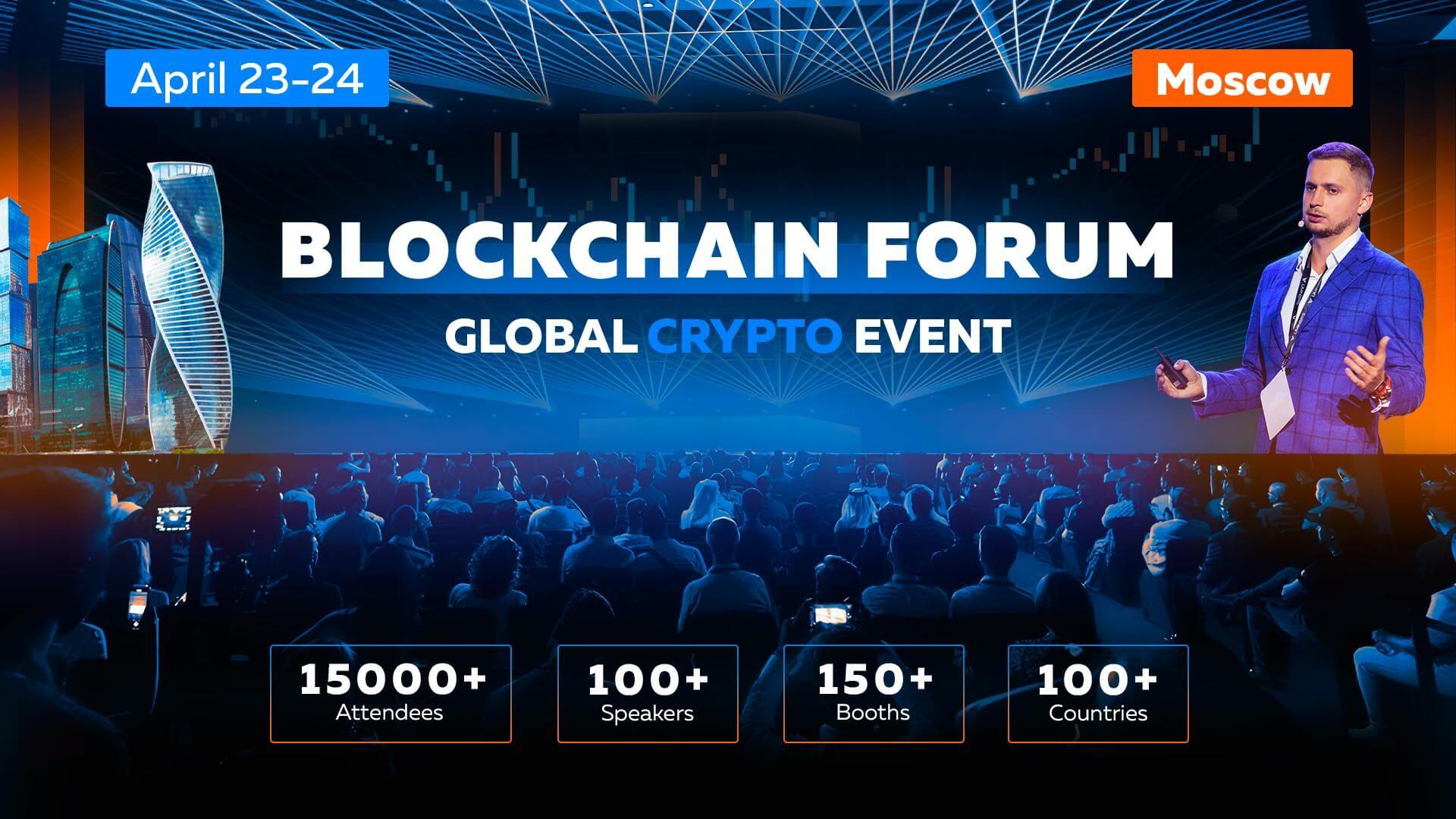In last Friday’s column, I advised graduating seniors that most of them would be better off “following their opportunities” rather than following their dreams.
Something else that will help them in their young lives – something that probably runs counter to everything their professors taught them – is that we live in the best economic system in the world.
There’s a reason that we have 4% of the population, yet create over a quarter of the world’s annual wealth.
Socialism doesn’t work. It never has.
Proponents can’t point to a single example of a socialist system that has increased the overall prosperity of the people who live under it.
Capitalism, on the other hand, is the best anti-poverty program and greatest wealth creator ever devised.
I would love to live in a world where everyone gets a free college education, complementary health care, a secure, full-time job with high wages, short hours, generous benefits, and early retirement.
Unfortunately, I live in a different world.
It’s called the real one, where people respond to incentives, income is earned rather than merely “distributed,” and the word “free” just means someone else is paying for it.
Critics of capitalism argue that there is less economic inequality in socialist countries.
What they rarely point out is that in every one of them, the average citizen is much poorer than in free market nations.
As Winston Churchill famously put it, “The inherent vice of capitalism is the unequal sharing of blessings. The inherent virtue of socialism is the equal sharing of miseries.”
Yet polls show that more than half of Americans believe “the rich get richer and the poor get poorer under capitalism.”
That reveals an astonishing ignorance about how the U.S. economy works.
Ours is a knowledge-based society where individuals with the most education and skills are the highest compensated.
But, make no mistake, the poor are getting richer too.
The average person living under the poverty line in the U.S. lives in larger accommodations than the average European.
Throughout history, being poor meant struggling to get enough calories each day to survive.
But the poor in this country have a different problem: too many calories.
They are beset by health problems – heart disease, diabetes, high blood pressure and other medical complications – caused by obesity, and even morbid obesity.
The average person living below the poverty line in the U.S. has electricity, running water, air conditioning, a television, a microwave, a smartphone and a car.
Go back a century and a half and the richest robber barons couldn’t have dreamed of such wealth.
Capitalism doesn’t just help the poor here at home.
Around the globe, poverty has declined more in the last 50 years than in the previous 500.
According to the latest World Bank data, 100,000 people are being lifted out of poverty every day.
It’s a sad fact that the majority of Americans don’t recognize the free enterprise system as an incredible source of prosperity.
Economic illiterates – some of them freshly minted college graduates – assume that wealth and poverty is a zero-sum game.
They believe that the only way one person gets more income – or greater wealth – is by somehow depriving everyone else.
If the world economy were a giant pizza, this would be true. A hungry person who took two slices would leave less slices for the rest of us.
But that’s not how the world works.
Economies expand over time. Incomes grow. And so does household wealth.
The Federal Reserve recently reported that U.S. household income and net worth are at all-time records and a multiple of what they were 50 years ago in inflation-adjusted terms.
That is a testament to the strength of our economic system.
Every day, U.S. companies are knocking themselves out to deliver products and services that are better, cheaper and longer lasting.
It’s a highly competitive world and most new products (as well as new businesses) fail. But the ones that succeed often improve our lives immeasurably.
Corporate failures are tough on employees and business owners.
Creative destruction generates innovation and prosperity. But it also means job insecurity.
Capitalism is a profit and loss system. Market failures are inevitable.
Some folks don’t like this. They want a different economic system, one with guaranteed employment, a high level of financial security and little or no economic inequality.
Yet the countries that have gone down this path – like Cuba, Venezuela and North Korea – have only immiserated their citizens.
To maintain order, they must strip them of their political freedoms as well as their economic freedoms.
The best part of our free market system?
Anyone who is willing to work, save and invest can become not just financially independent but a card-carrying millionaire or multi-millionaire.
And in my next two columns I’ll explain how.
Credit: Source link












